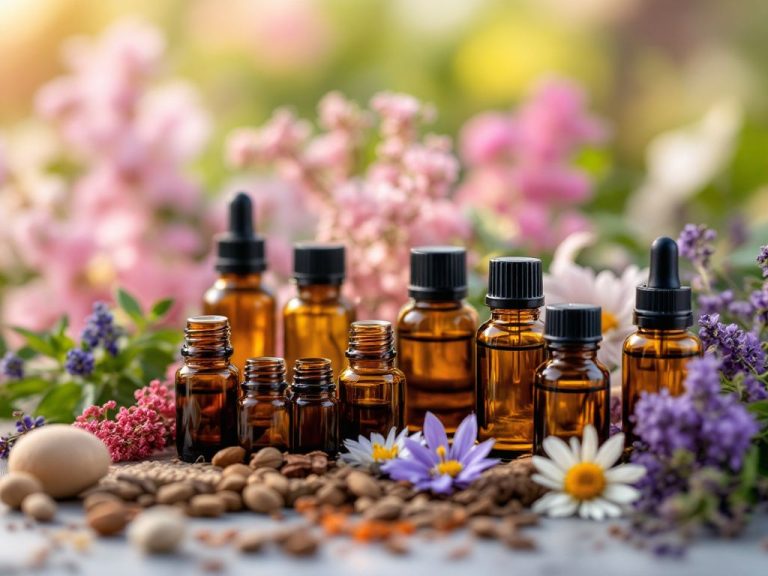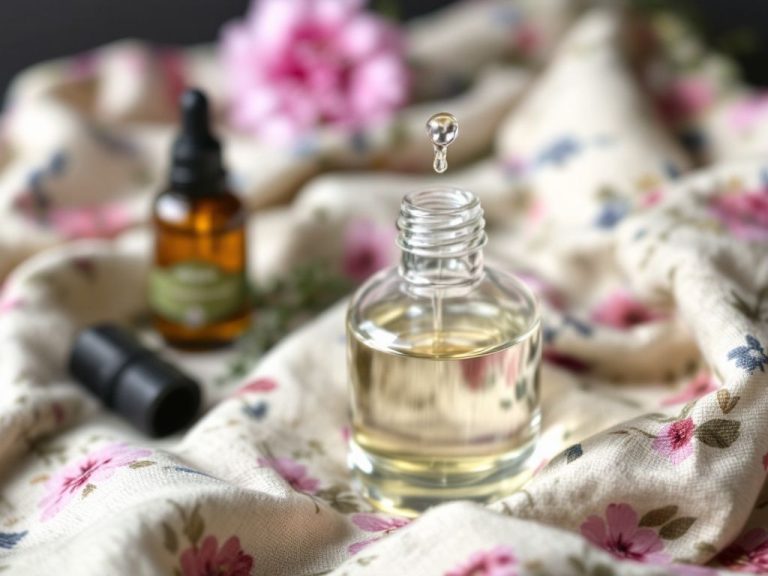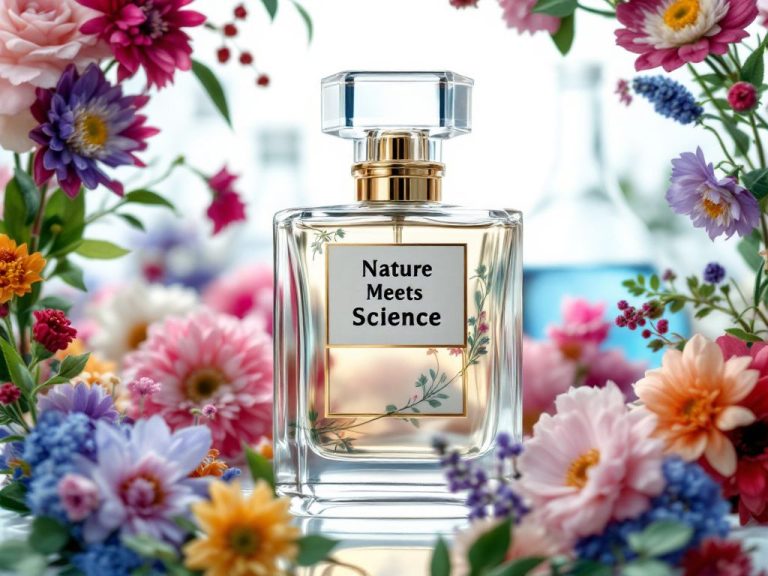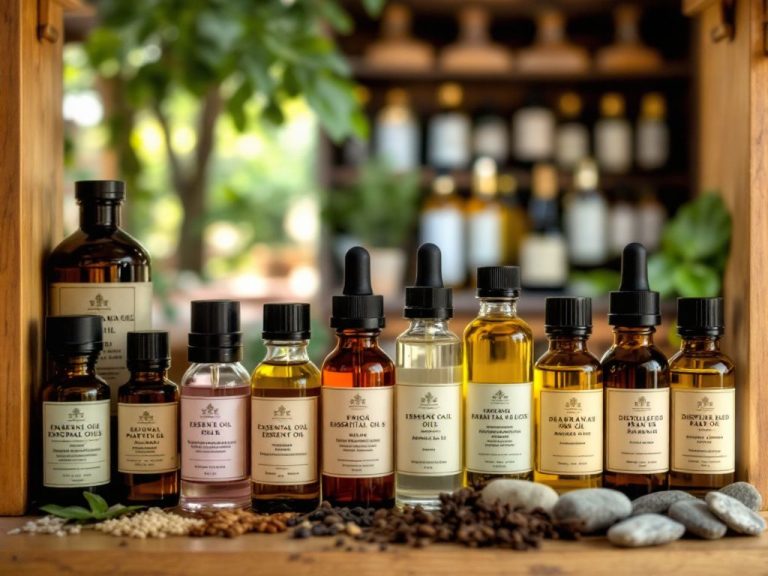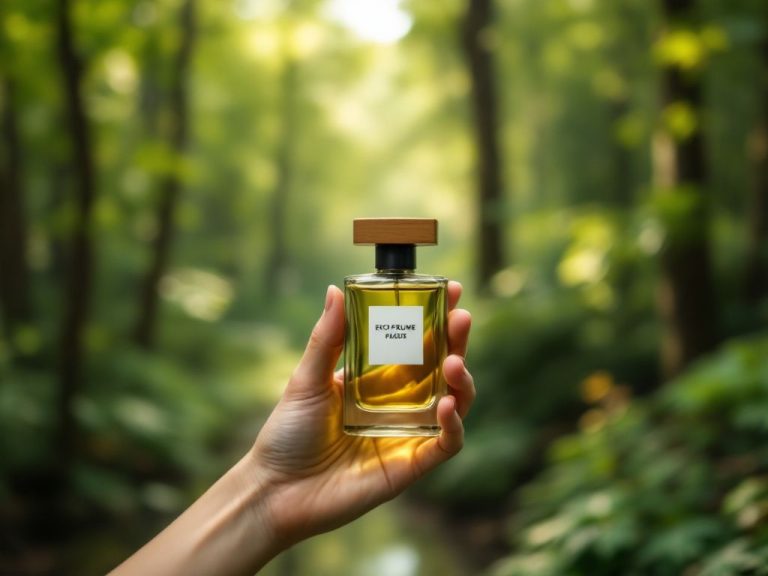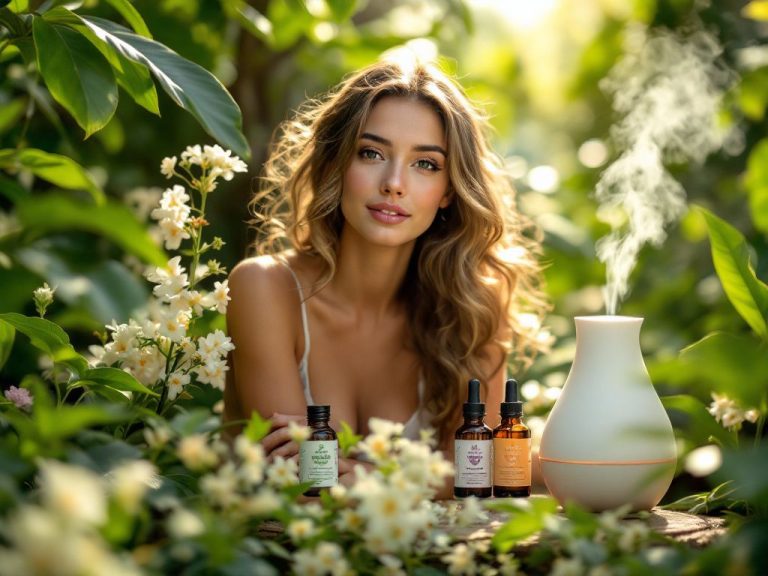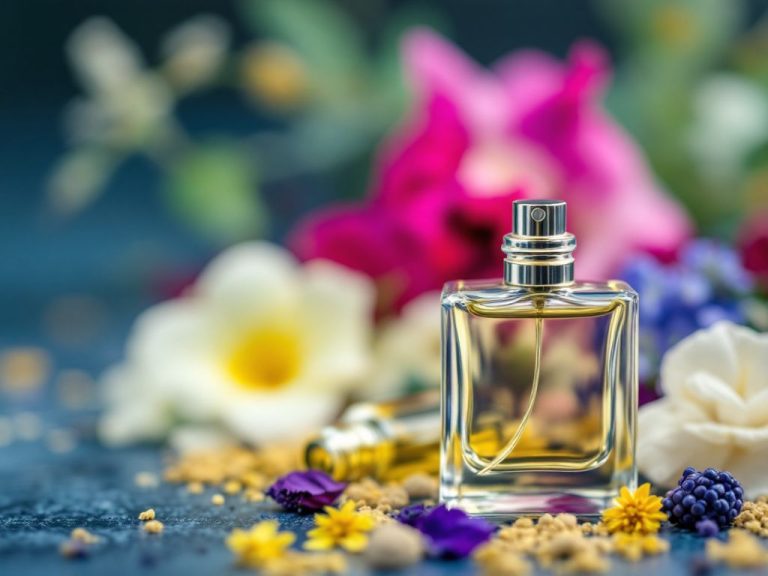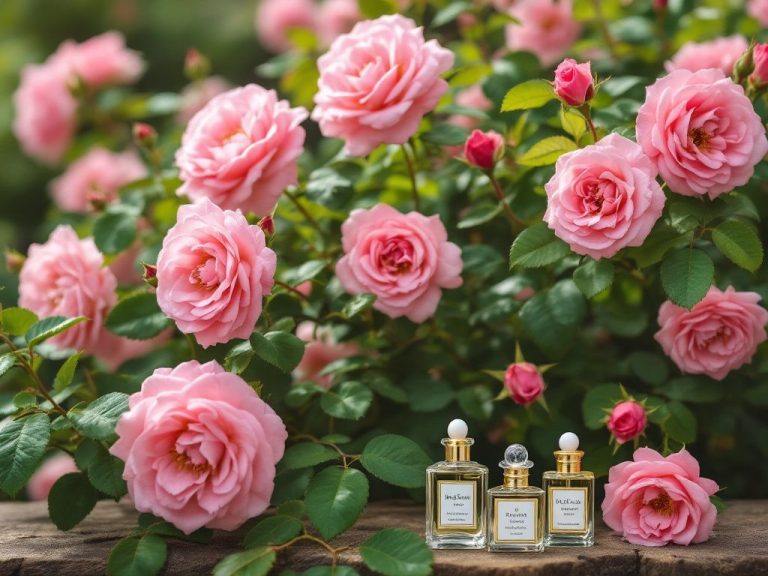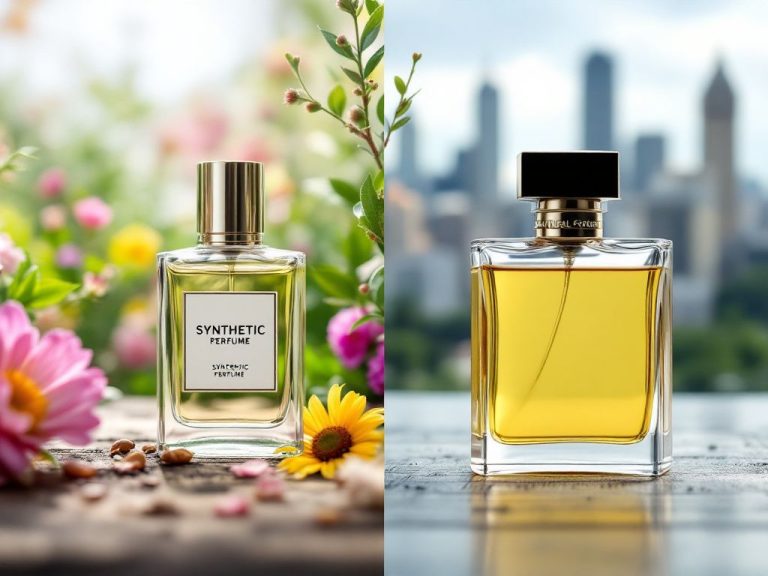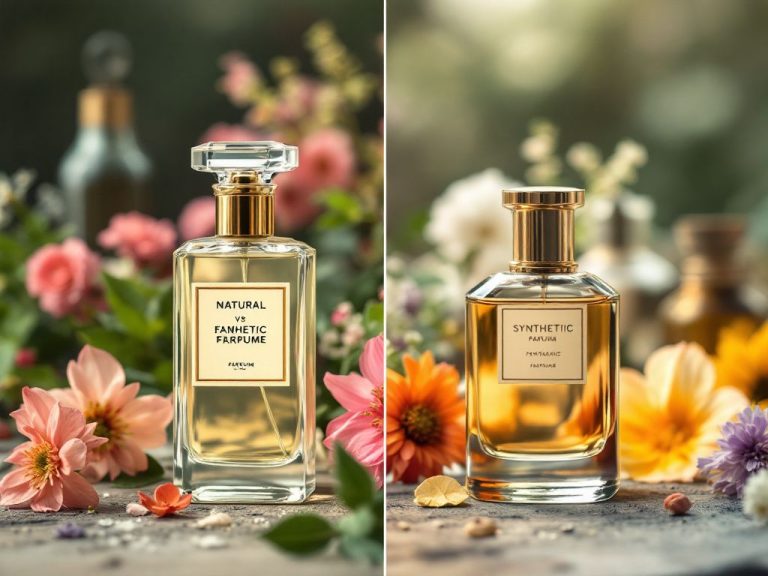
Natural vs Synthetic Musk: An Engaging Ingredient Analysis
Natural perfumes and synthetic fragrances each have their own unique characteristics when it comes to musk, an ingredient which can make or break your relationship with your favorite natural perfume. Understanding the essence of musk could transform how you choose fragrances forever, and it’s more than just what’s pleasant on the nose; it’s about what aligns with your personality and values in natural perfume.

